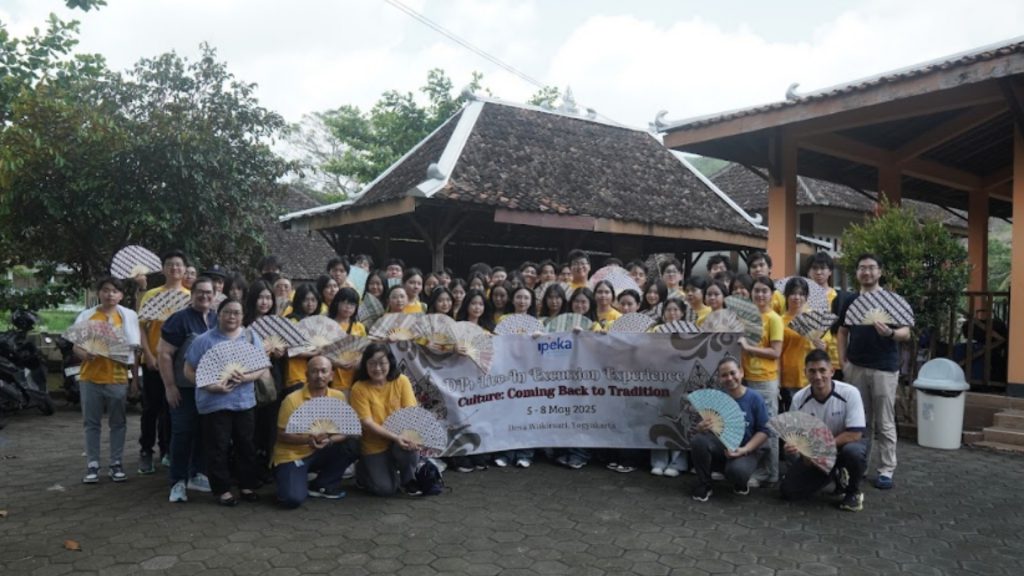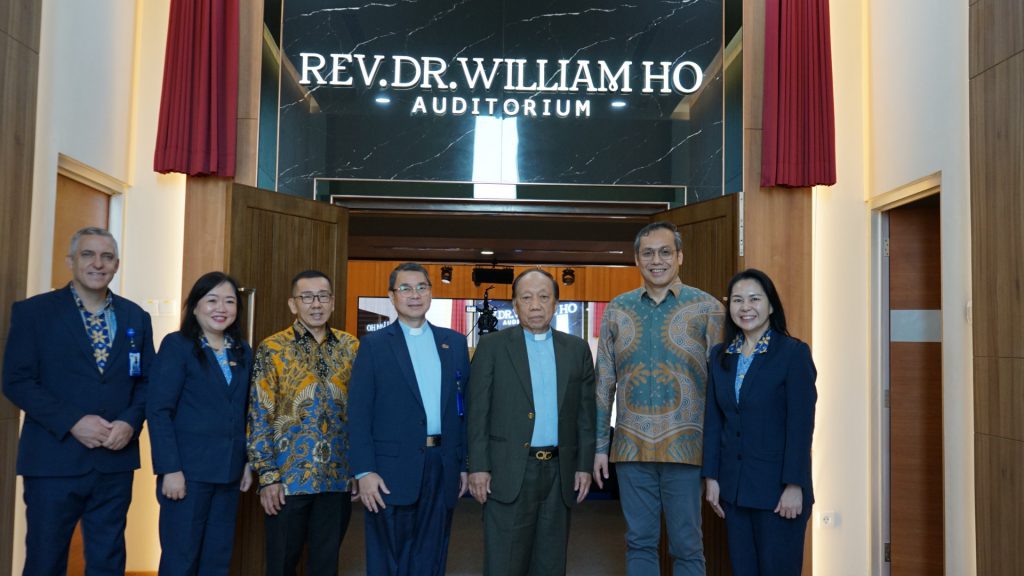How the Media Affects Children and Youth
What is the impact of media use on children and youth? This question has been in the minds of parents since the first modern media emerged. Although we try our best to provide the best content and media for our children, they will also encounter negative influences that will distract them from what is right and true.
Our duty as parents is not to shield them from any negative influences, but rather to teach our children to be aware of them and to choose to ignore messages that do not align with God’s teachings.

What is defined as media?
Media is essentially any means of communication, from handwritten letters to tablets and computers. Of course, we don’t normally associate handwritten letters as ‘media’, but the important takeaway is that media is unavoidable, ubiquitous, and highly influential.
We have even used the terms “information overload” as a harmful phenomenon, and “social media detox” as one of the ways people reduce the stress associated with too much use of the medium. Negative effects of media include uncontrolled consumerism, adoption of harmful worldviews, and it can even hinder the healthy development of social skills.
What does this mean for our children who will live through this millennium?
Using the media as a tool for healthy development
The attitude which claims that the media is bad for children is not the best attitude to adopt in the modern world. We should think of the media rather as a tool, as it has always been. The reality is, the positive effects of media can be enjoyed when children are exposed to the appropriate media and content.
1. Have an open and honest conversation
We can control media use in young children simply by using parental control systems for computers and mobile devices. However, older children will not appreciate this behavior. It is much better to ask them nicely to be more transparent about the content that they consume.
Logically, if your children are not comfortable talking about what they’ve seen online, then something is wrong. It’s best to teach them to react to the negative content in a mature way, and to explain to them why such content is bad.
2. Choose age-appropriate media
Mass media (television, movies, magazines) is a one-way media that is easier to ignore compared to digital media that is more interactive and full of user-generated content.
Ideally, social media should not be used by children younger than 13 years old, as they don’t yet understand the social and mental impact to their lives. For example, children may develop narcissistic attitudes and become obsessed with attracting attention if they misuse social media.
3. Encourage content that educates, not only entertains
Not all entertainment provides educational value, but educational content can be entertaining. Find out what your children are passionate about, and encourage them to use the media to satisfy their curiosity. An even better idea is to consume educational content together. It shows them that you value their interests, and they will be more likely to use the media as a way to bond with their parents.
About us
IPEKA Integrated Christian School (IICS) believes in educating students to use technology and innovation to create a positive impact on their personal and social life. We are a Christian international school in Jakarta, and we encourage students to empathize and tolerate cultural differences, and to use the media to empower compassion for people.




